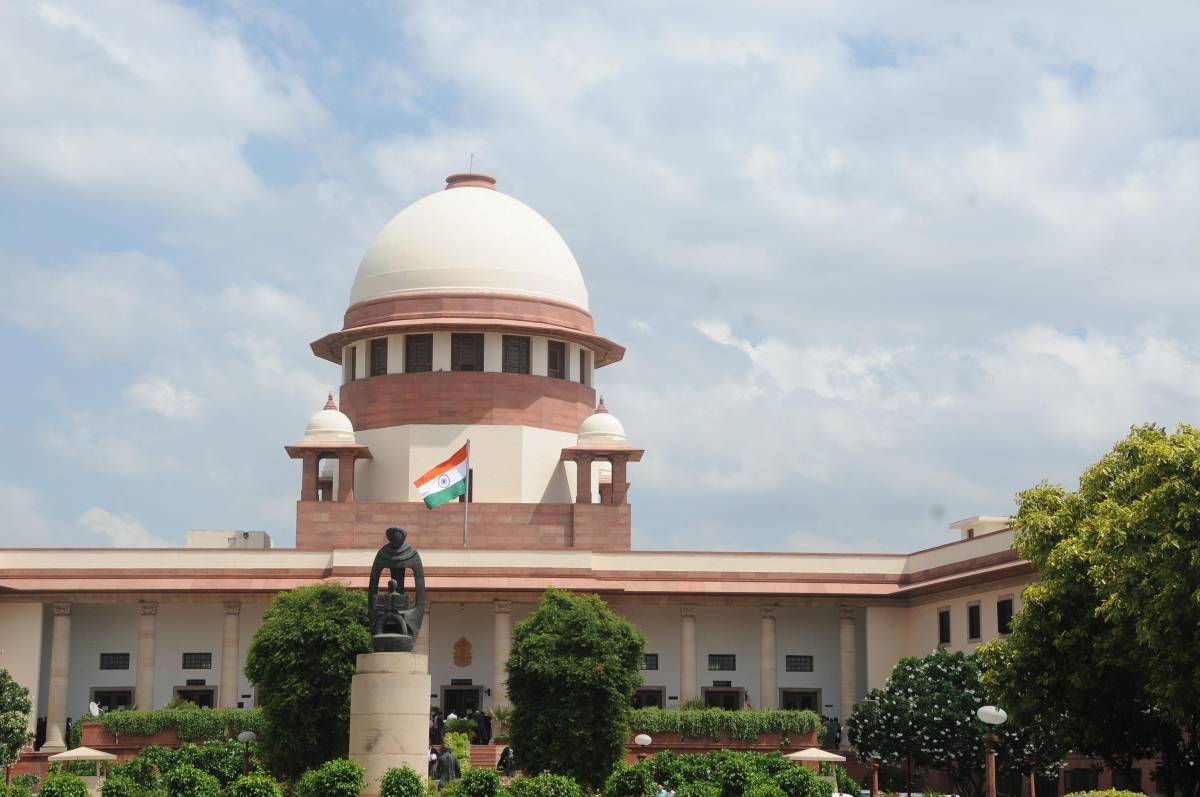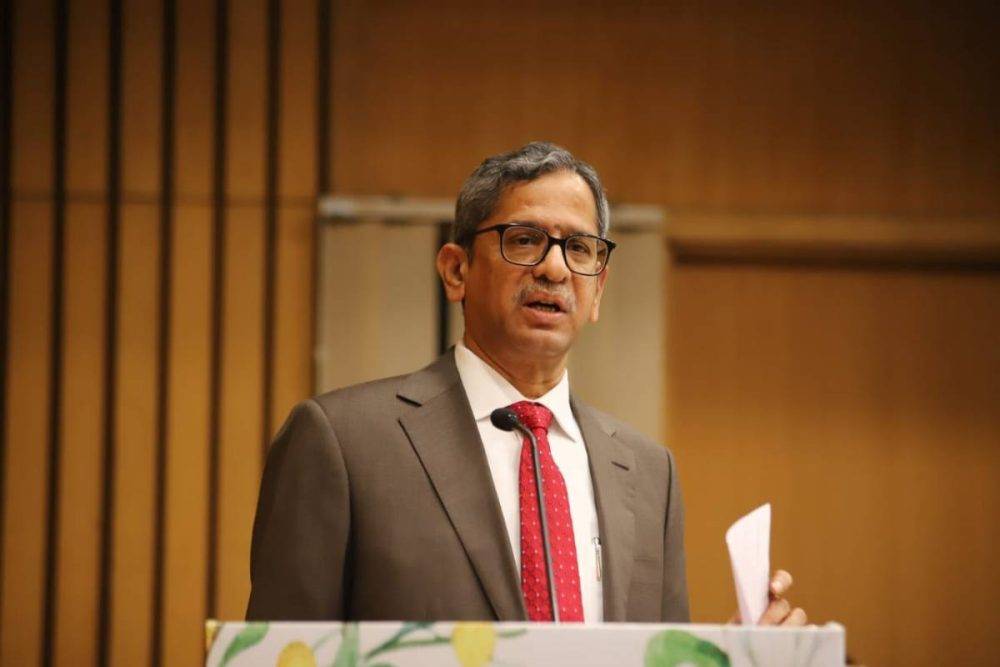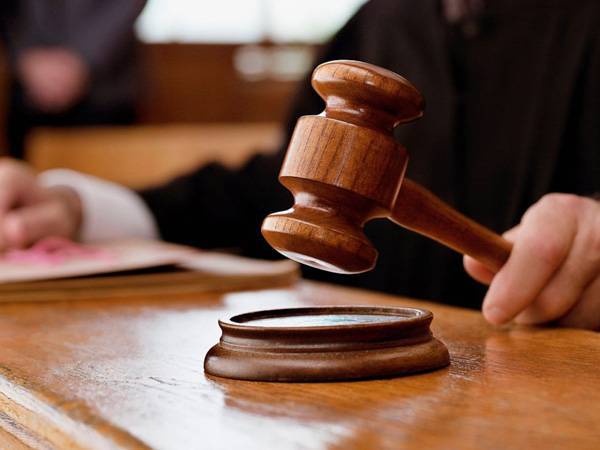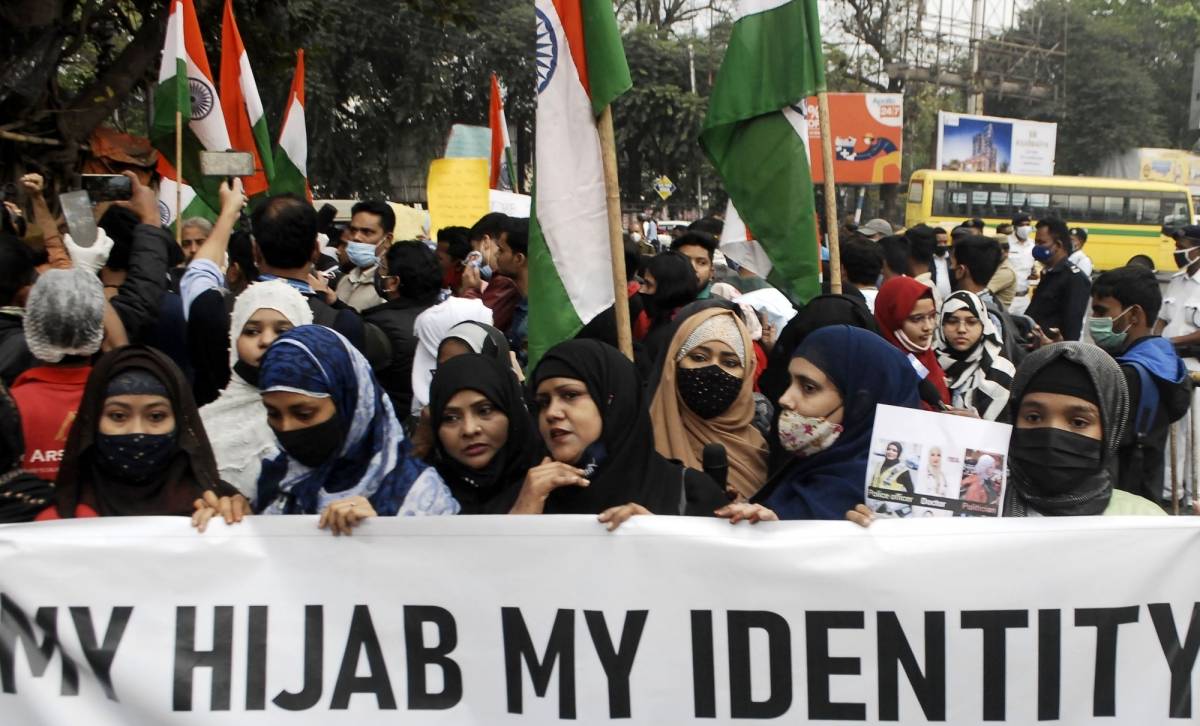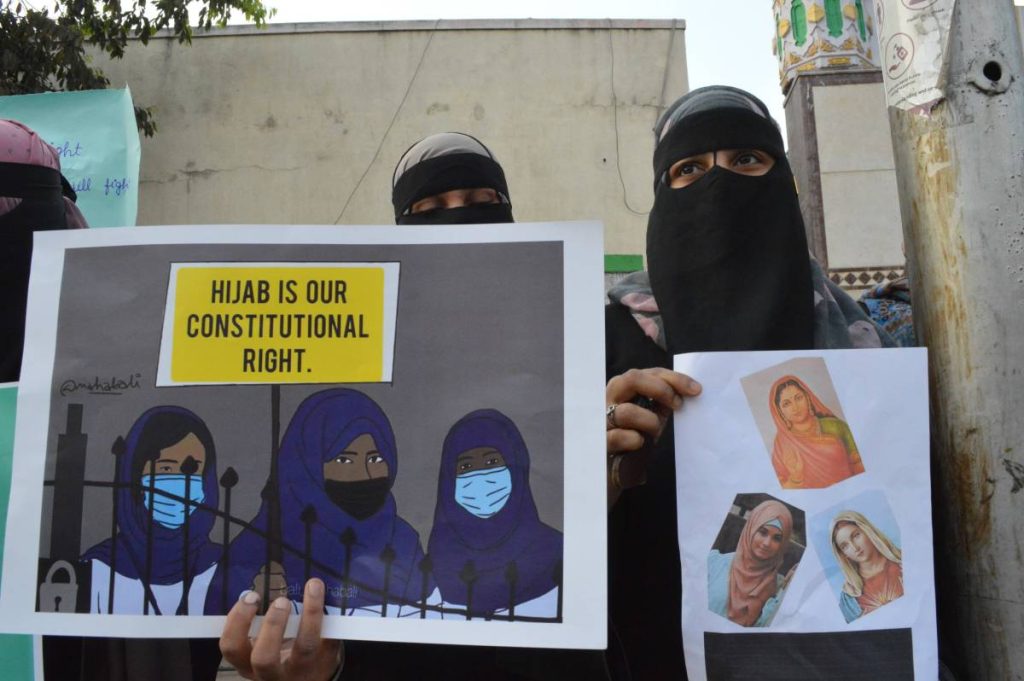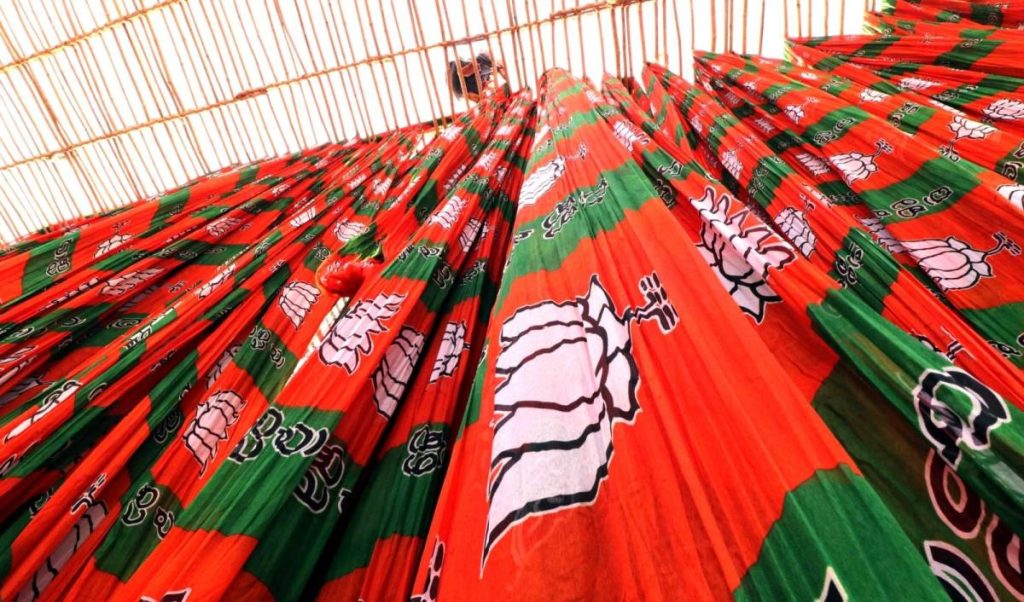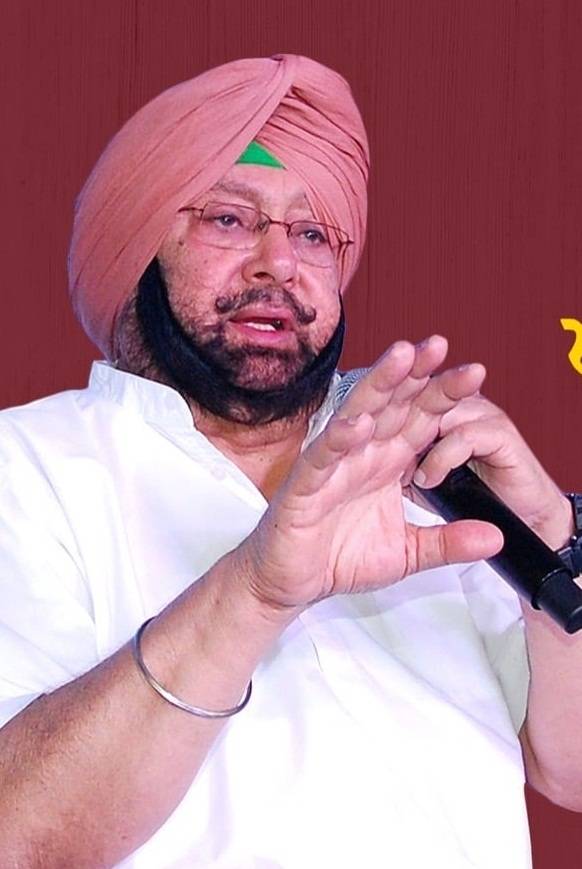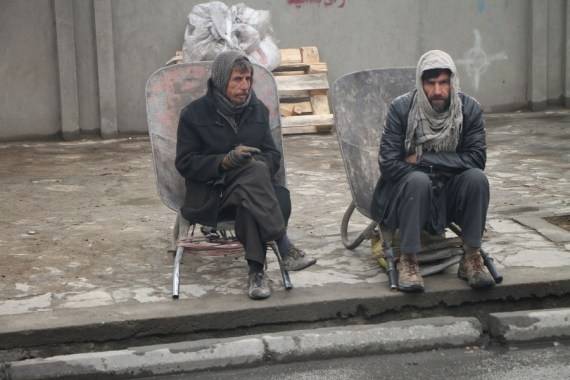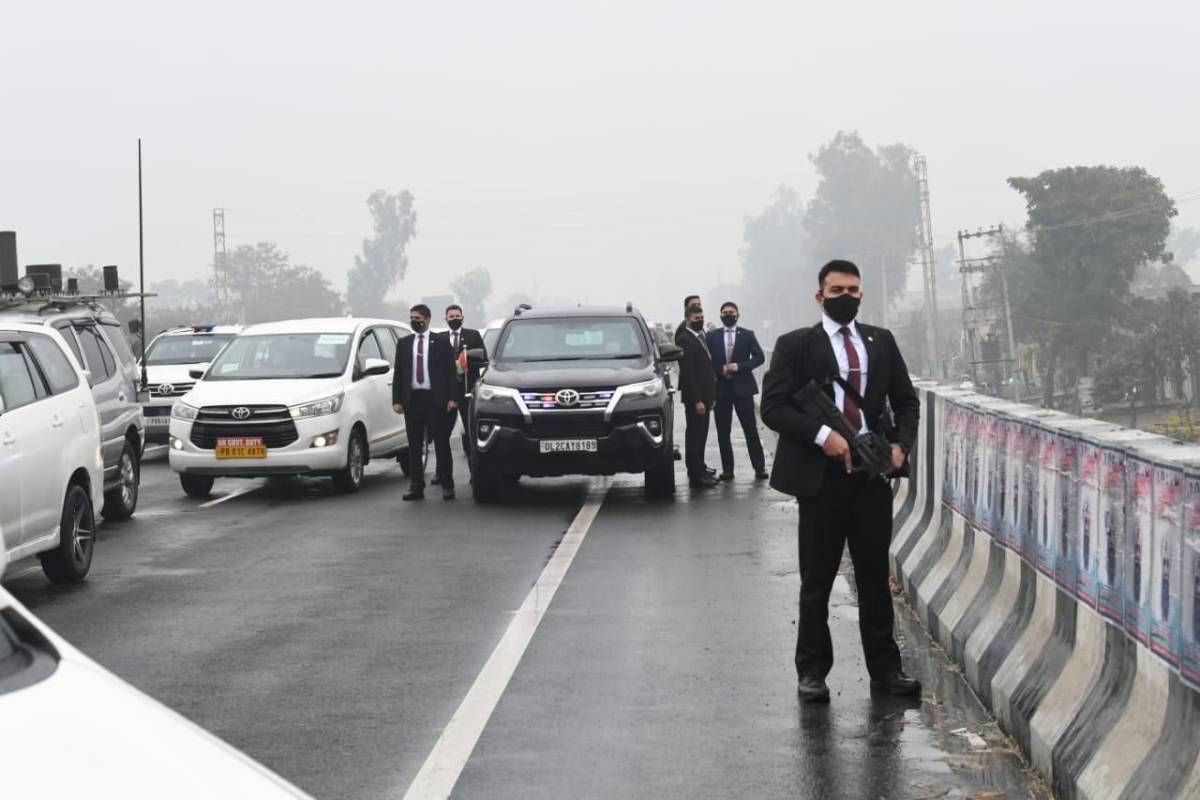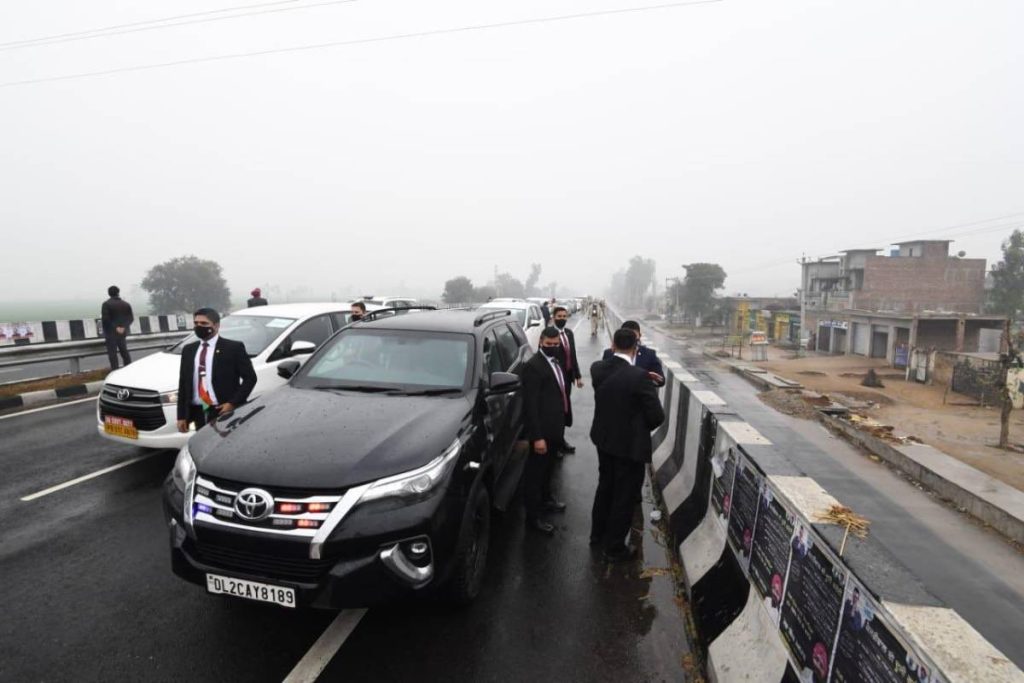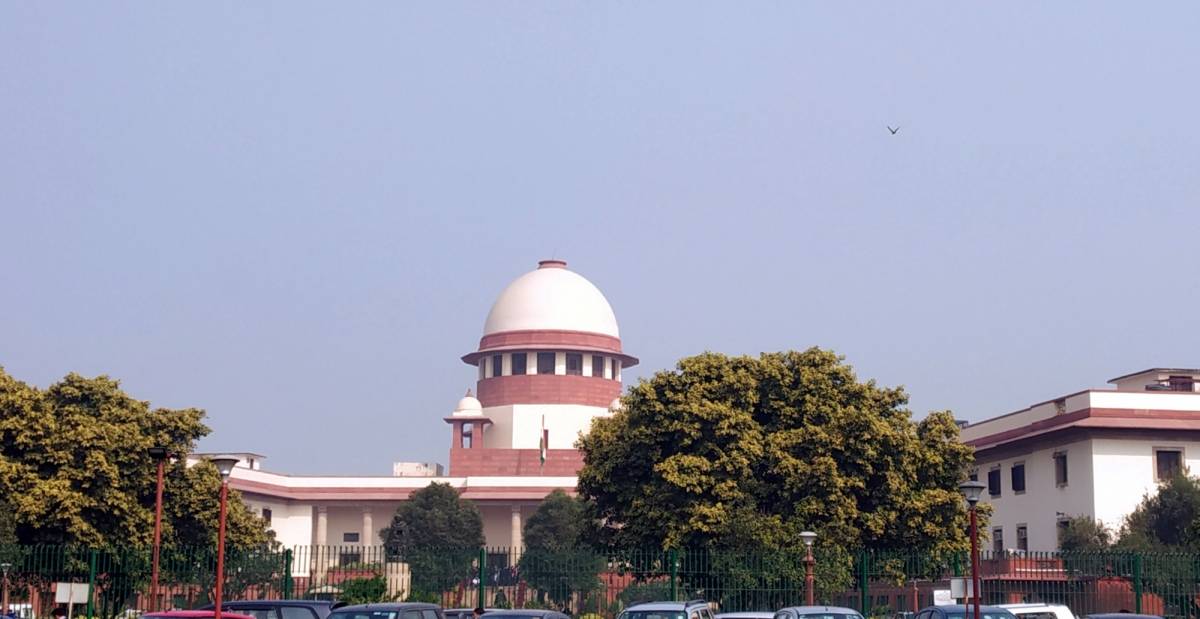It was informed that nearly 1.83 lakh criminal appeals are pending before the high court, and the counsel argued that there should be some policy to release prisoners who have served more than 10 years….reports Asian Lite News
The Supreme Court has emphasised that the government and the courts should adopt a reformative approach for those who have spent 10-14 years in prison, while serving a life term, and explore the possibility of releasing them either by granting bail or remitting their sentence.
It made these observations while granting bail to nearly two dozen petitioners, who have been languishing in jail for more than 10 years.
A bench of Justices Sanjay Kishan Kaul and M.M. Sundresh observed that the poor and the underprivileged suffer in the jail, however the rich and the influential can secure bail and also escape the law by fleeing from the country.
Senior advocate Ravi Prakash Mehrotra, representing 20 petitioners languishing in the jail, submitted that the criminal appeals were pending in the Allahabad High Court between 8-10 years and emphasised that a reformative approach should be taken towards people who have been sentenced to life imprisonment and have already served over 10 years.
The top court was unhappy with a deluge of petitions, where prisoners have not been granted relief by the Allahabad High Court, and asked the court to decide bail plea of all prisoners, who have served more than 10 years in jail.
It was informed that nearly 1.83 lakh criminal appeals are pending before the high court, and the counsel argued that there should be some policy to release prisoners who have served more than 10 years.
The top court asked the high court to prepare a separate list for those who have undergone 10-14 years in custody along with those who have spent 10 years in custody. It added the high court should release all such prisoners at one go in a scenario where lawyers do not appear for the convict and also the state government has not objected to their plea for release.
It noted that if there is no adverse report on a prisoners’ conduct, then they should be given a chance to blend with society. “There may be cases where for whatever reasons, a lawyer is not present. But if they (the prisoners) have completed 14 years in prison, the state itself can take a stand and the high court judge can pass orders to examine the case for release,” it observed.
The top court cited an example where an accused has been in prison for 17 years and bail plea was rejected by the high court. “Since counsel was not prepared, the plea was rejected, and thereafter, four times the plea was not heard even when counsel was ready,” it said. It asked the high court to find a template on granting bail in such situations.
The top court granted bail to all the 20 petitioners and scheduled the matter for further hearing in the last week of March.

